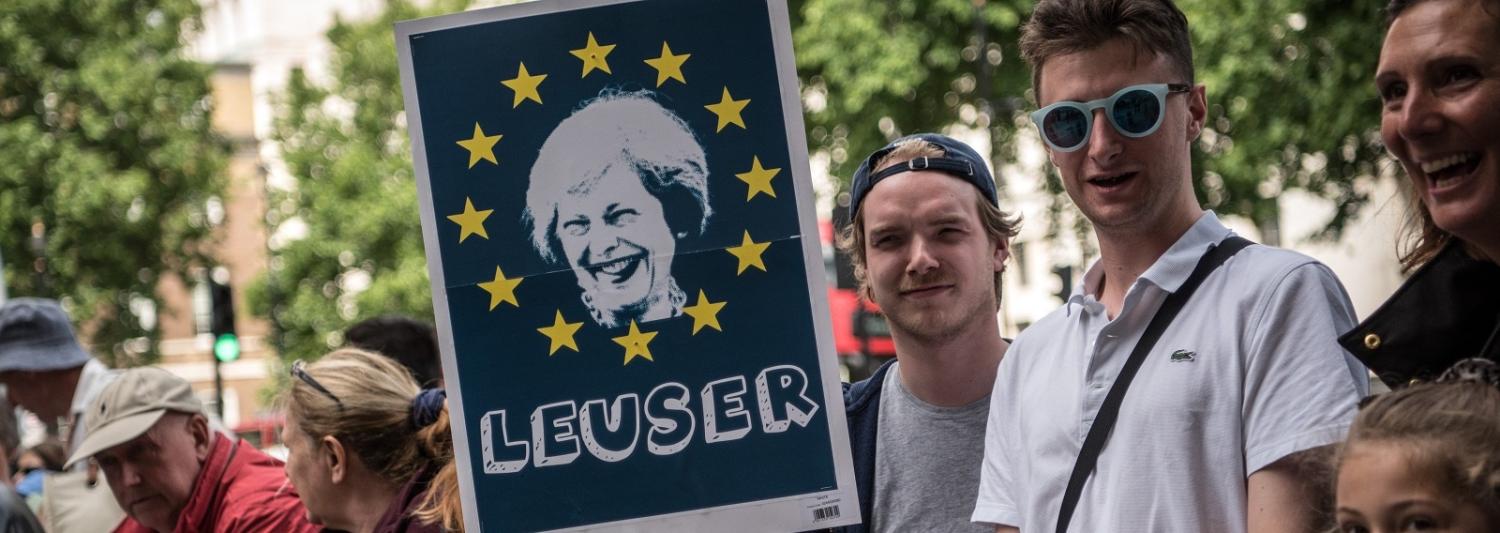Britain has just endured the most preposterous general election in living memory, indeed possibly in its history. The Conservative Government, led by Theresa May, was so confident of being re-elected that it hardly bothered to campaign. Most of its ministers were kept out of the media; its manifesto appeared like an ill-considered afterthought. The fact that Jeremy Corbyn, the leader of the opposition, was a devotee of Hugo Chavez (particularly his economic doctrines), reportedly a friend of Hamas, had links with the Irish Republican Army and allegedly the Palestine Liberation Organisation, and appeared unduly tolerant of anti-Semitism in his party was enough for Tories to conclude that he was entirely unelectable.
However, these personal qualities seemed not to deter millions of people who voted for him. But then many of them were students, seduced by his promise to abolish their £9000 a year tuition fees, and too young remember most of the iniquities perpetrated by the terrorists and dictators Corbyn has been accused of being well disposed to. The Conservative party, which sought a new, supercharged mandate specifically to build it up before its leaders began to negotiate Britain’s exit from the European Union, ended up by not just losing seats, but losing its majority. From a foreign policy point of view, if May felt that her previous majority was insufficient to allow the negotiation of a favourable Brexit deal, the minority in which she now finds herself, governing only with the help of Northern Irish Unionists, ought to mean her country hasn’t a hope in hell of doing a good deal.
However, the premise on which she called the election was wrong – she didn’t need a bigger majority to get a better deal. What she needed most of all were powerful arguments to put to Britain’s European partners about why they should still trade with the apostate nation on favourable terms without insisting on imposing other EU regulations – such as uncontrolled immigration from EU countries. Given that many European countries are governed by coalitions of one sort or another, it will cut little ice with them that Britain is too. Those of us who thought that May’s decision to go to the country three years early was unnecessary feel we have been vindicated.
Boris Johnson has been reappointed as Foreign Secretary. This is not because he has shown any great aptitude for the job. It is because May, her credibility in rags because of her miscalculation in calling the election, dare not put anyone popular on the back benches, or even demote him, for fear of creating a nemesis. By the same token she reappointed her Chancellor, Philip Hammond, after a month in which her trusties briefed against him almost daily, refused to consult him on crucial areas of policy, and the press was led to believe he was facing the sack. There were rumours that May wanted shot of Johnson, who she felt had entertained the nation enough: but that is equally impossible, and his eccentric style of conducting foreign policy must continue a little longer.
In her last administration May delegated all matters concerning Brexit to David Davis, the grandly-titled Secretary of State for the Department for Exiting the European Union; and Davis, too, has been reappointed. She reserved to herself matters affecting the larger powers, such as America, Russia and China. Johnson was asked to deal solely with the leftovers – by definition, places of little interest to British foreign policy. A typically off-the-cuff intervention about Syria before the election – he said that the United Kingdom would find it hard to refuse a request from America to join in air strikes on Syria - showed that even when confined to the margin Johnson finds ways to be controversial.
But the key problem in trying to work out the future direction of British foreign policy is that there is considerable doubt about how long May will remain leader of her party and prime minister. One cannot even be sure whether, with her credibility so wrecked, she will feel able to conduct so much foreign policy herself, as she did in the preceding 11 months. Some commentators feel she will have to signal long before her party conference in early October that she plans to stand down: at which point the nature of Britain’s participation in world affairs could well change again.
The entirely unexpected result of the election, creating a government that will struggle to get its business through and is likely therefore to be of short duration, has made prediction of the future a tendentious business. For the next few months, with the necessary exception of the Brexit negotiations, Britain will be engaging in an act of introspection unprecedented in most of our lifetimes. The world will have to wait.
